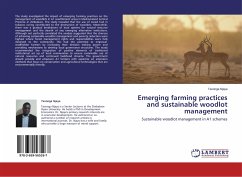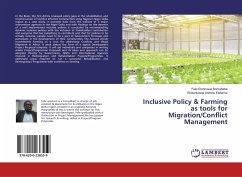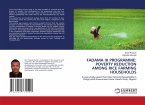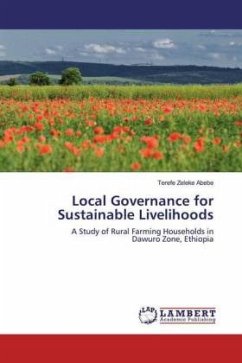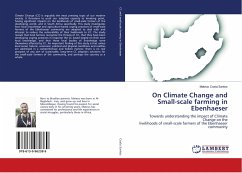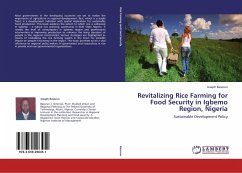The study investigated the impact of emerging farming practices on the management of woodlots in A1 resettlement areas in Mashonaland Central Province in Zimbabwe. The study revealed that the use of wood fuel in tobacco curing contributed to the destruction of woodlots. Meanwhile, there was a gradual breakdown of local systems for natural resource management and the dearth of any emerging alternative institutions. Although not perfectly correlated the analysis suggested that the chances of achieving sustainable woodlot management and poverty reduction were highest where forest management rights and responsibilities were fully devolved to the community. This had the potential to empower smallholder farmers by increasing their decision making power and providing mechanisms to develop local governance structures. The study recommended the integration of positive elements of traditional institutional set up of local communities to ensure sustainable use of natural resources and continued livelihood streams. The government should provide and empower A1 farmers with expertise on extension methods that focus on conservation and agricultural technologies that are environmentally friendly.
Bitte wählen Sie Ihr Anliegen aus.
Rechnungen
Retourenschein anfordern
Bestellstatus
Storno

